According to the latest regulations in Decree 112/2020/ND-CP of the Government of Vietnam on the disciplining of officials and public employees, an official holding a leading or managing position will not be subject to the disciplinary measure of salary step downgrade.
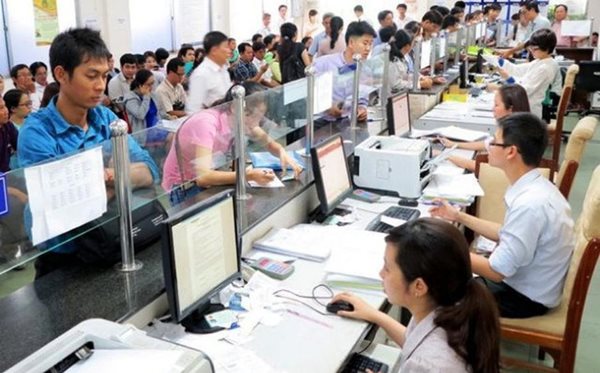
Shall Vietnamese officials holding a leading or managing position be subject to the disciplinary measure of salary step downgrade? (Illustrative photo)
Clause 3, Article 7 of Decree 112/2020/ND-CP stipulates the forms of discipline for officials holding a leading or managing position, including:
- Reprimand
- Warning
- Demotion
- Dismissal
- Forced resignation
In cases where an official does not hold a leadership or management position and commits violations, one of the following disciplinary measures will be applied:
- Reprimand
- Warning
- Salary step downgrade
- Forced resignation
Thus, the disciplinary measure of lowering the salary step is only applied to officials who do not hold leadership or management positions. Specifically, the disciplinary measure of lowering the salary step applies to officials who do not hold leadership or management positions and commit one of the following violations:
(1) Previously disciplined with a warning according to Article 9 of Decree 112/2020/ND-CP and repeat the offense;
(2) Committing a first-time offense causing very serious consequences, in one of the following cases:
- Violation of ethics and communication culture of officials; legal regulations on performing duties and responsibilities of officials; labor discipline; internal rules and regulations of the agency, organization, or unit;
- Abusing their position for personal gain; having a bossy attitude, being authoritarian, or causing difficulties and troubles for agencies, organizations, units, or individuals in performing official duties; certifying or issuing legal documents to people who are not eligible;
- Failing to comply with decisions on assignment and relocation of work by competent authorities; not performing assigned tasks without valid reasons; causing disunity within the agency, organization, or unit;
- Violating legal regulations on crime prevention and control; social evils prevention; social order and safety; anti-corruption; thrift practice and waste combat;
- Violating legal regulations on state secret protection;- Violating legal regulations on complaints and denunciations;
- Violating regulations on democratic centralism, propaganda, and spokespersons, regulations on internal political protection;
- Violating legal regulations on investment, construction; land, natural resources, and environment; finance, accounting, banking; managing and using public assets during public service performance;
- Violating legal regulations on family violence prevention; population, marriage and family; gender equality; social security; and other legal regulations related to officials.
According to Decree 34/2011/ND-CP, the document regulating the forms of discipline for officials before Decree 112/2020/ND-CP took effect, officials holding a leading or managing position who committed violations would be subject to one of the following disciplinary measures:
- Reprimand
- Warning
- Salary step downgrade
- Demotion
- Dismissal
- Forced resignation
Thus, Decree 112/2020/ND-CP has removed the disciplinary measure of lowering the salary step for officials holding a leading or managing position.
Currently, officials in leadership and management positions will not be subject to the disciplinary measure of lowering the salary step, but will only be subject to one of the five forms of reprimand, warning, demotion, dismissal, or forced resignation. officials holding a leading or managing position should take note of this change to protect their rights at their agencies and organizations.
Thuy Tram
 Article table of contents
Article table of contents
![[InfoGraphic] 6 forms of discipline for officials and public employees under Decree 71/2016/ND-CP](https://cdn.lawnet.vn//uploads/NewsThumbnail/2016/07/12/1319291-01.png)

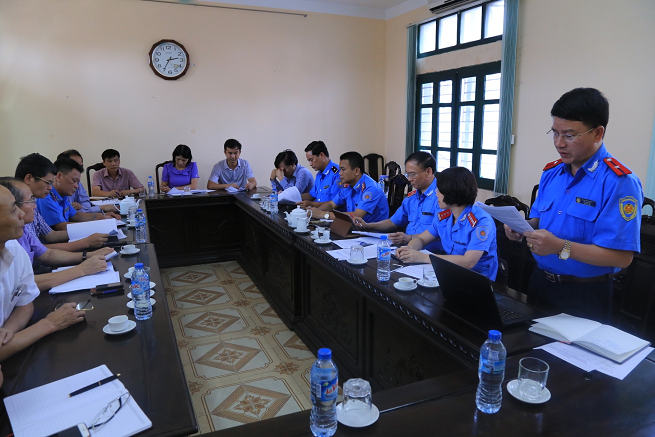
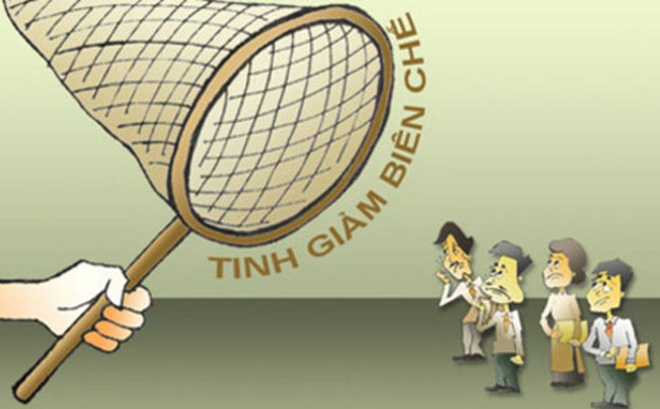
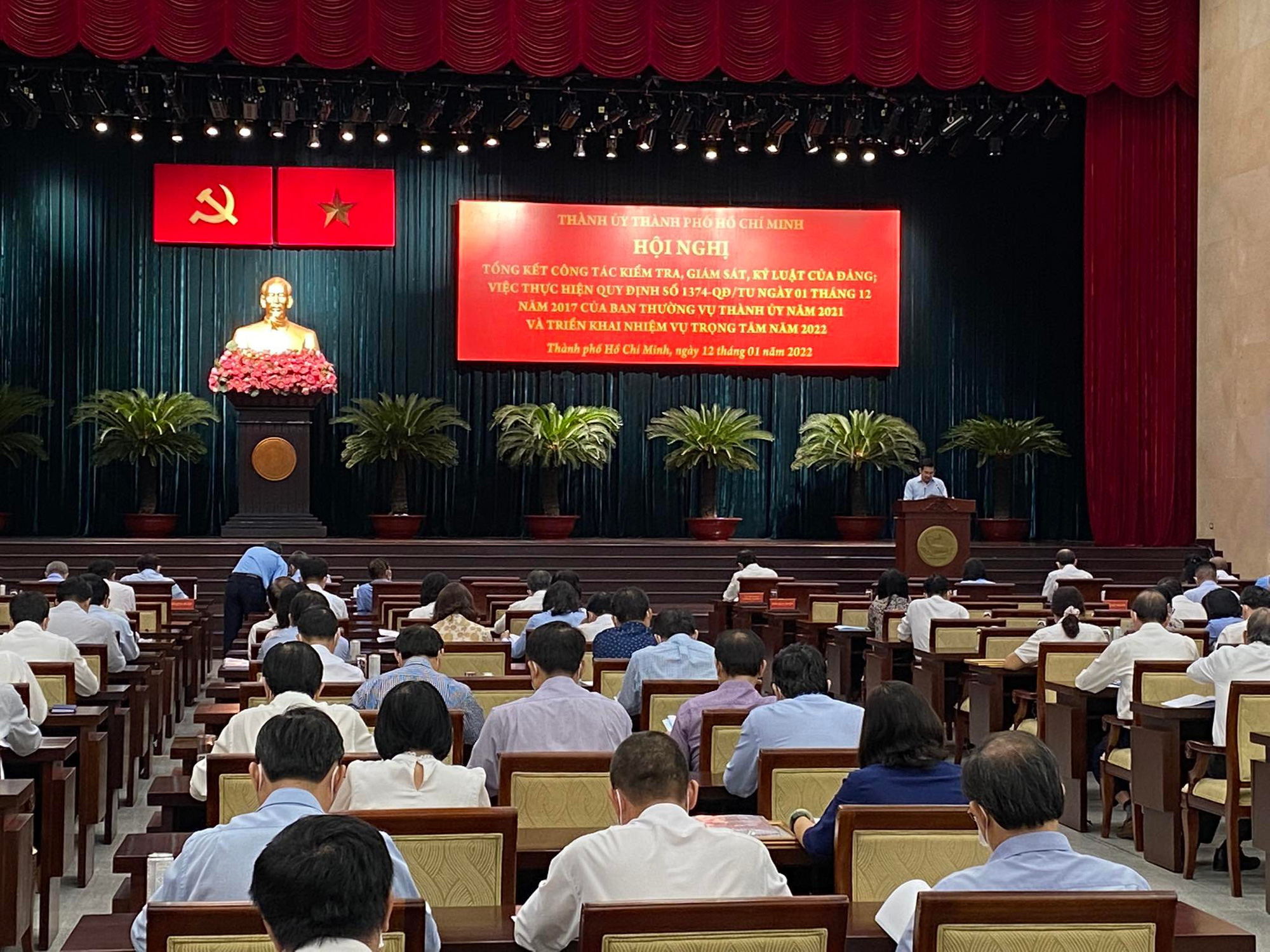
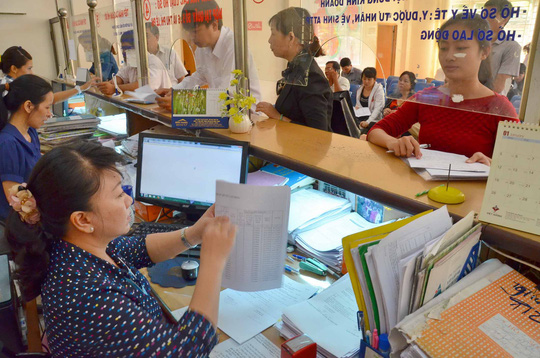


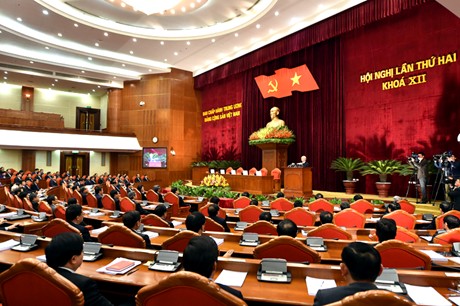

.Medium.png)
.Medium.png)
.Medium.png)
.Medium.png)
